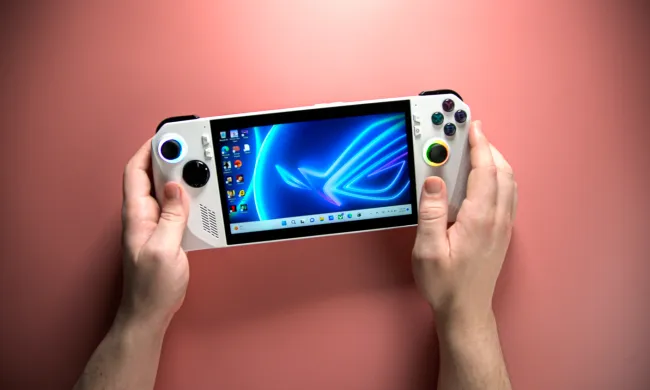Microsoft recently updated guides for developers regarding Universal Windows Platform (UWP) apps. The company is now showing developers how they can migrate their UWP apps to the newer Windows App SDK, hinting at a shift away from the traditional Windows-first app types that have been around in the Microsoft Store in Windows since as late as 2015.
With the new documentation, Microsoft makes it clear why developers might want to use the Windows App SDK over the UWP. There are several benefits including improved compatibility, faster updates, and new elements of design, as well as an ease of consumption coming with the Windows UI 3 and WebView2 libraries. It also complements existing platforms with a common set of APIs and tools.

Essentially, the guide is necessary because of coding changes, and the fact that UWP won’t be getting any of these new features. In fact, Windows developer Rafael Rivera mentioned that this could mean that UWP developer tools will only be getting bug, reliability, and other security fixes going forward.
To be clear, this doesn’t mean that Microsoft is forcing developers to move away from the UWP. Rather, it seems to be a slow fading away. The FAQs in the documentation mention that if a developer is happy with the UWP, there’s no need to migrate the project type, as the “underlying WinUI 2.x code and the Windows SDK will continue to support UWP project types.”
This move makes sense for Microsoft. Windows 11 supports three kinds of apps, including UWP apps, Progressive Web Apps, and Win32 desktop apps. The Windows App SDK helps in porting old apps to these new standards. There’s also the fact that apps designed for HoloLens headsets, as well as Xbox consoles, are still based on the UWP format. So, UWP could still be around for legacy reasons.
Similar to what Apple did in the transition to Apple silicon, this new documentation is about supporting developers and pushing them to the latest and greatest offered by Microsoft. The switch in code also isn’t something that average people might notice, as apps should still feel and look the same regardless. This is more of a developer change.


